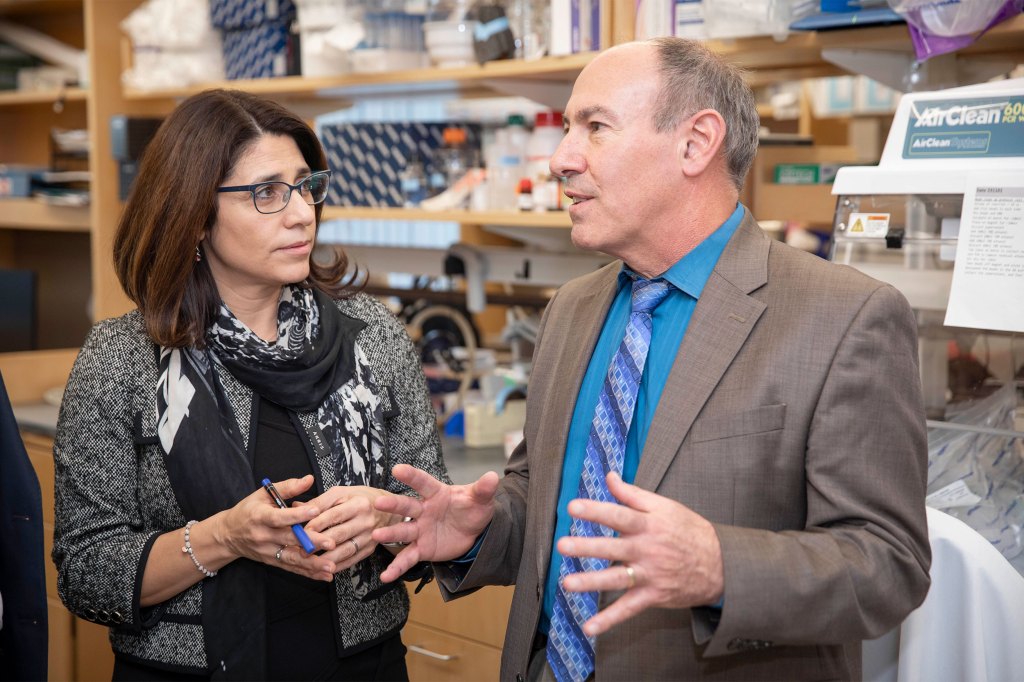Health
-
Lin Test
text with link. This is a quiz. Some text Name Name Quo modo autem philosophus loquitur? Tecum optime, deinde etiam cum mediocri amico. Invidiosum nomen est, infame, suspectum. Name Name…
-

Gender-affirming care is rare, study says
Fewer than 1 in 1,000 transgender youth receive hormones or puberty blockers

-

Nature offers novel approach to oral wound care
Slug’s sticky mucus inspiration behind adhesive hydrogel that can seal wounds in wet environment

-

Time for a rethink of colonoscopy guidelines?
Change informed by new findings would help specialists focus on those most at risk, researcher says

-

Should pharmacists be moral gatekeepers?
‘The problem is not opioids,’ says author of ‘Policing Patients’ — it’s overdose, pain
-

The deadly habit we can’t quite kick
Actions by tobacco companies worry researcher even amid ‘dramatic decrease’ in smoking among young Americans

-
More than meets the eye
Mass. General photo contest celebrates art of science Annual awards call attention to the research underlying stunning scientific images.

-
AI model flags high-risk pancreatic cancer patients 18 months before diagnosis
Novel approach caught 3.5 times as many cases than current screening guidelines would have for 40-plus group
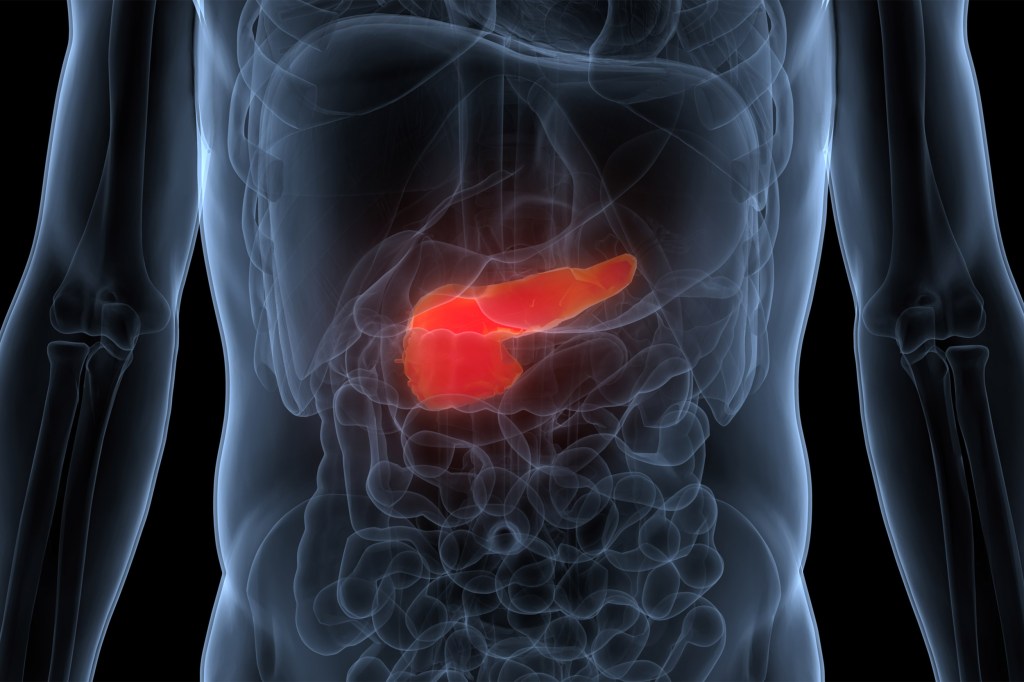
-
How much drinking is too much?
‘Harvard Thinking’ explores the health effects of moderate alcohol consumption
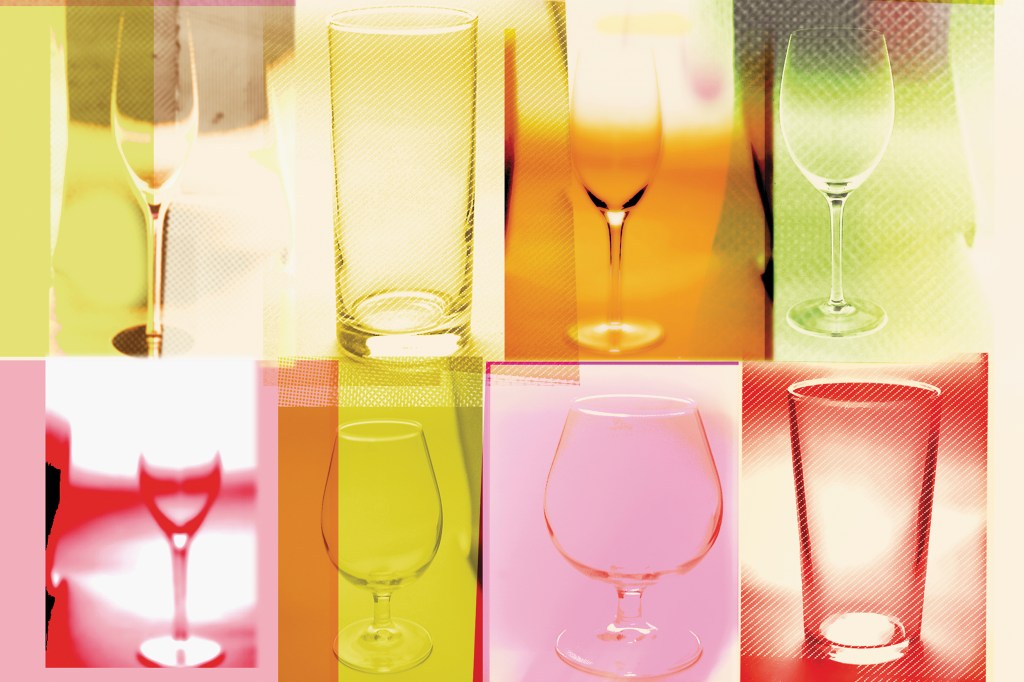
-
Resolve to get healthier, lose weight? Setting BMI goal might not be best way
Physicians, researchers point to limits of centuries-old metric, urge more holistic approach
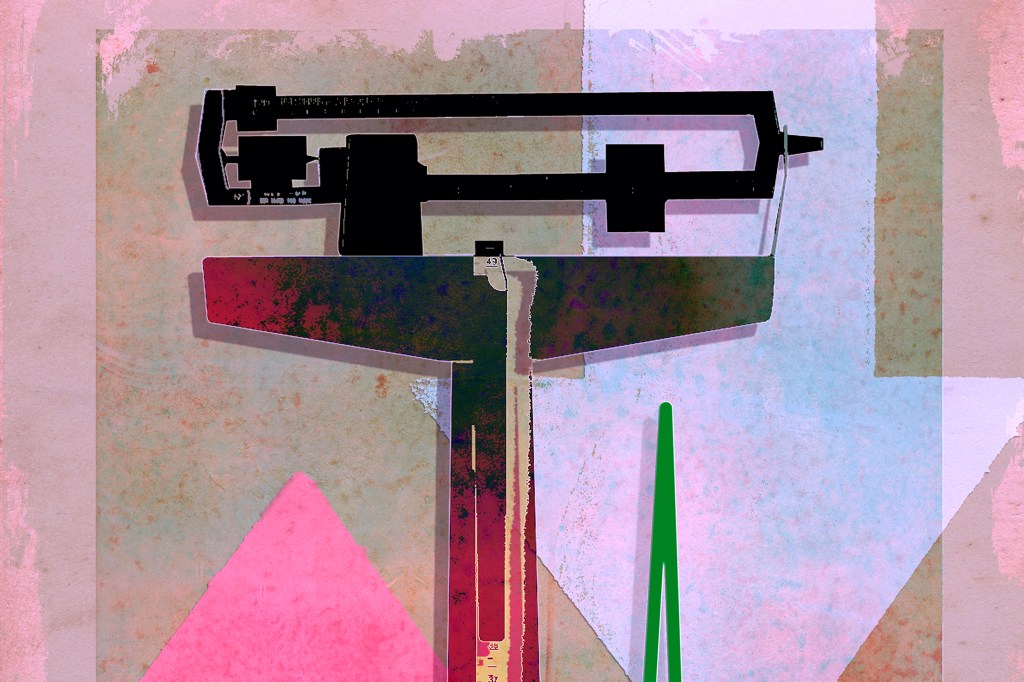
-
Gene-therapy breakthrough allows congenitally deaf children to hear
Harvard scientist co-leads research, which targeted specific condition, may yield other treatments for more of the 30 million kids with genetic hearing loss
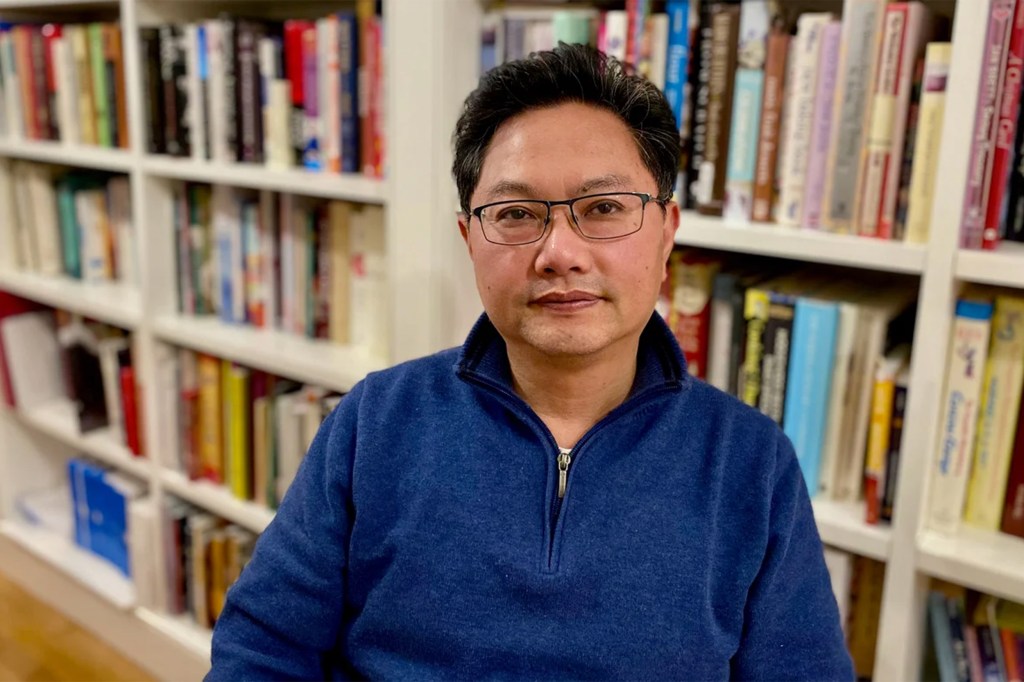
-
Why regulators may toss cold water on buzz over psychedelics
Drugs show promise as new treatment option for some psychiatric maladies, but experts see possible state, federal legal clash
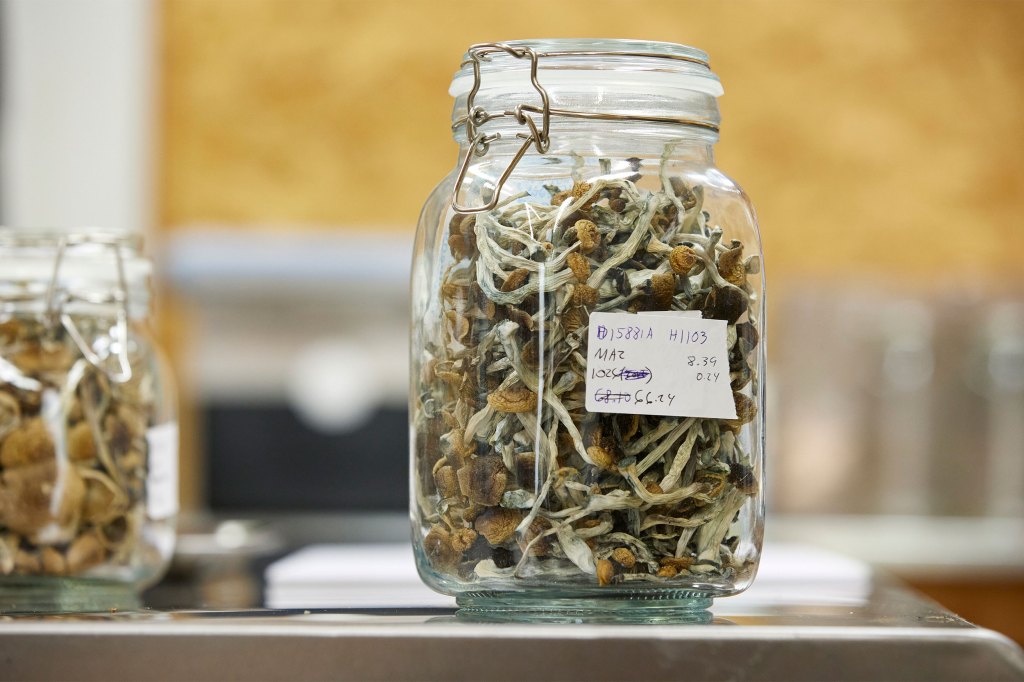
-
Drug overdose deaths remain high. Fentanyl test strips may help
Massachusetts, other states make moves to legalize indicators of contamination by potent, deadly synthetic opioid
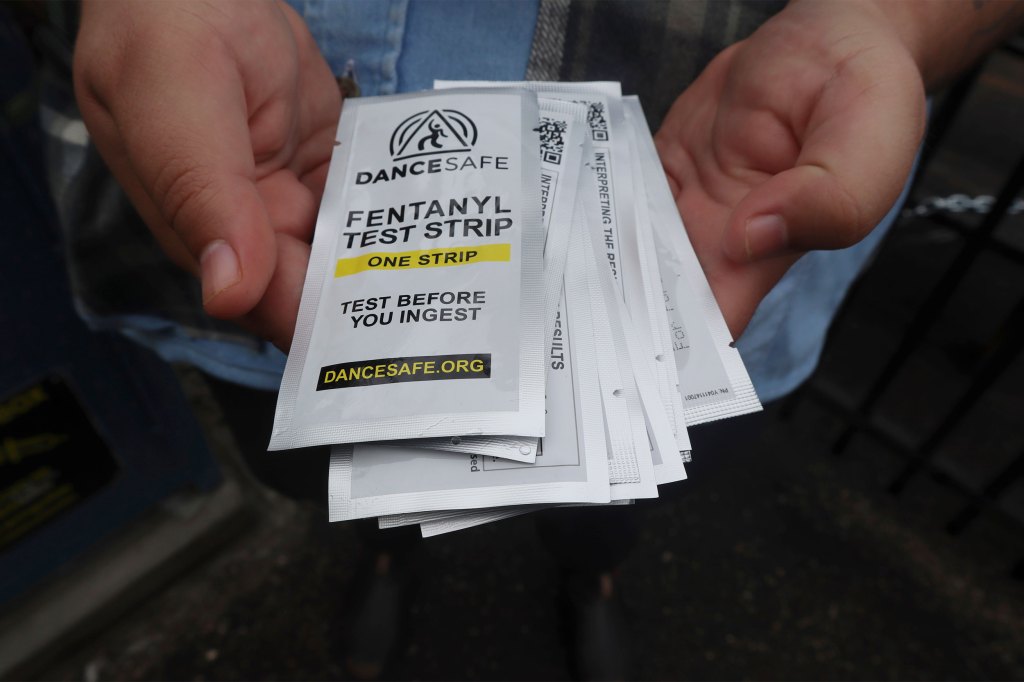
-
Harvard researchers see genetic link between anorexia, early rising
Eating disorder may also play a role in insomnia
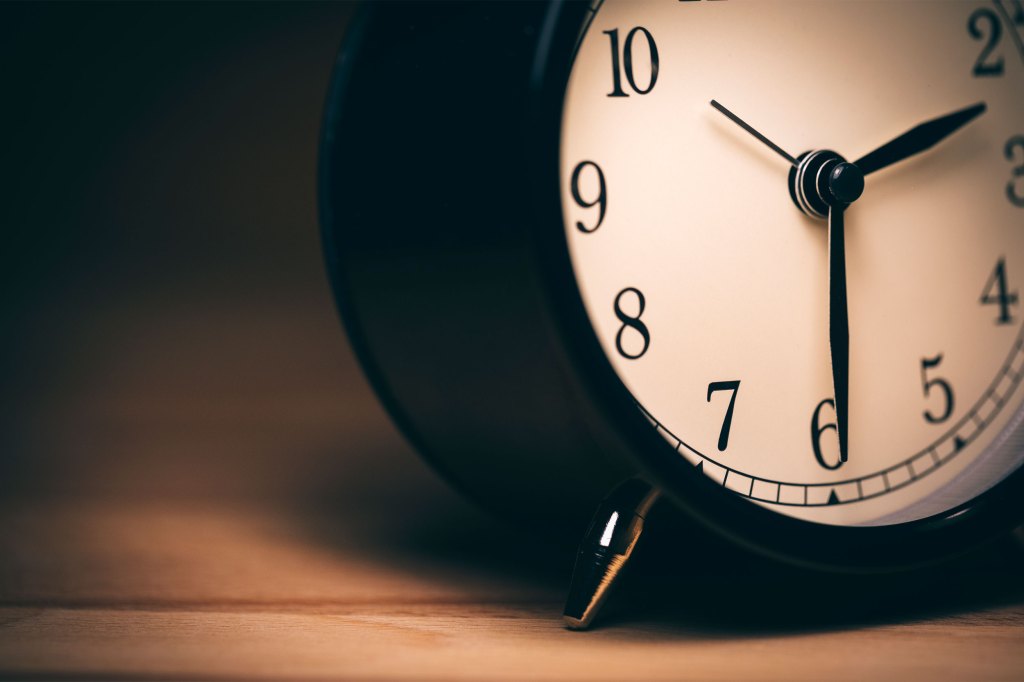
-
Follow the research in 2024
Whether you’ve resolved to cut stress, lose weight, catch up on sleep, or be a better person, Harvard researchers have answers to help you get started

-
High rate of diagnostic error found in ICU
Nationwide study pinpoints testing mistakes as most common cause

-
Looking for the best low-carb diet? Plant-based wins again.
New study links healthy plant proteins, fats with slower long-term weight gain
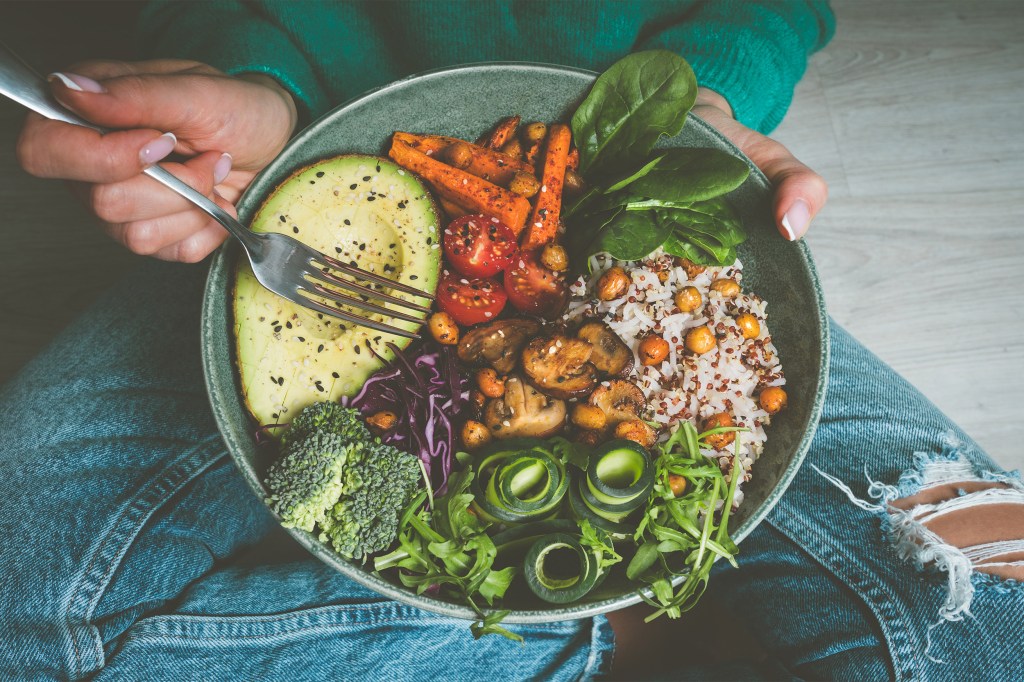
-
Care riskier for patients at private equity hospitals
Study finds alarming decline in quality, safety measures after buyouts

-
What Rochelle Walensky learned
Sees major progress in science since 1918 Spanish flu outbreak, but says complications of politics have plagued every epidemic since
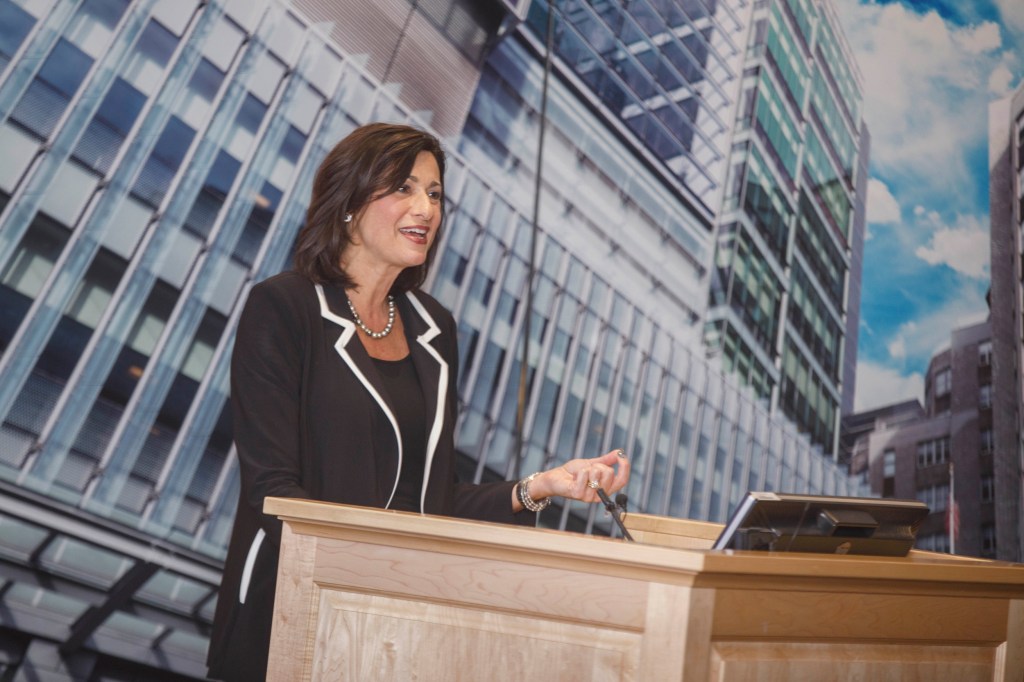
-
Women more likely to suffer drug side effects, but reason may not be biology
Studies debunk prevailing belief, highlight series of gender-based social factors
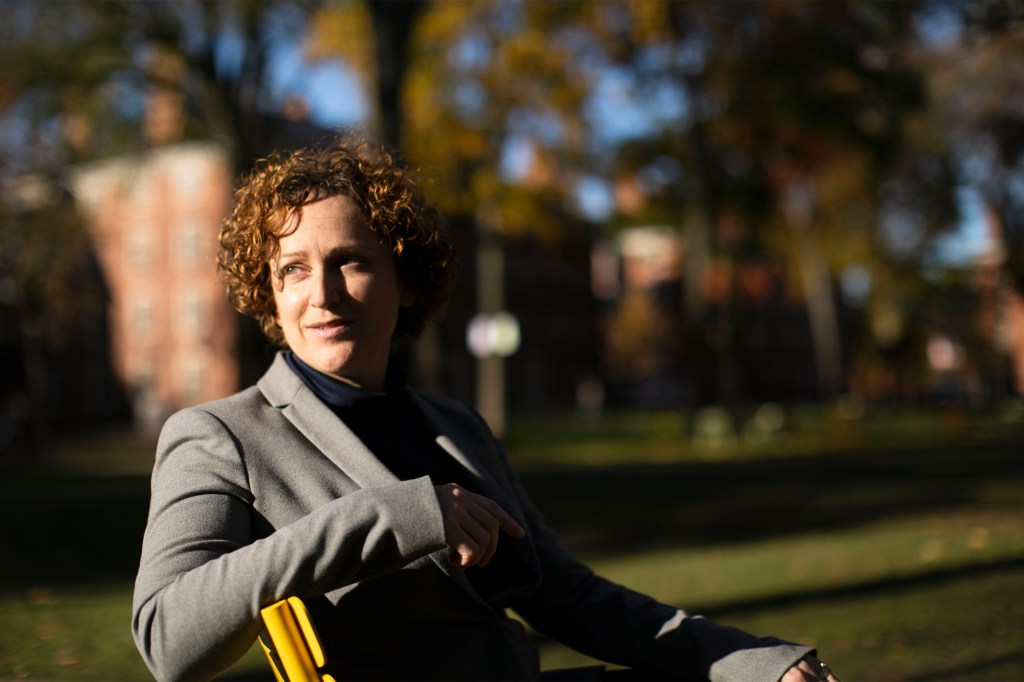
-
Why are Americans so sick? Researchers point to middle grocery aisles.
Obesity and disease rising with consumption of ultra-processed foods, say Chan School panelists

-
Saving lives in the ICU: Clean teeth
‘Striking’ study suggests daily use of a toothbrush lowers risk of hospital-acquired pneumonia, intensive-care mortality
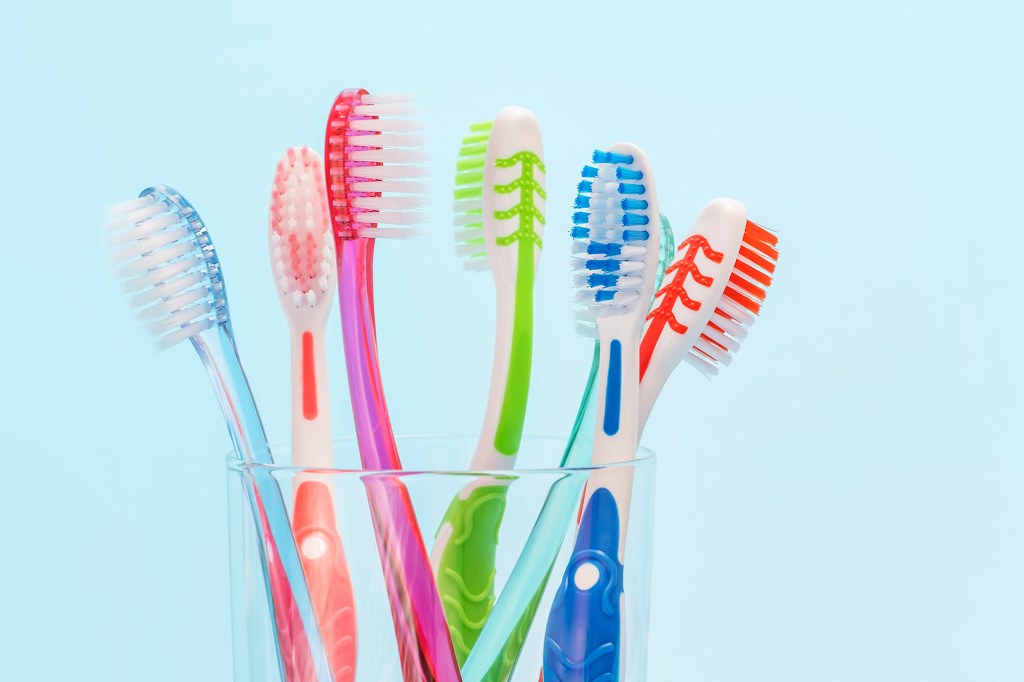
-
What happens in the brain while daydreaming?
Observations in mice hint at the role of daydreams in remodeling the brain

-
Gene-editing treatment could replace cholesterol meds
Early stage test shows promise, but cardiologist notes more study needed into longer-term, unintended effects
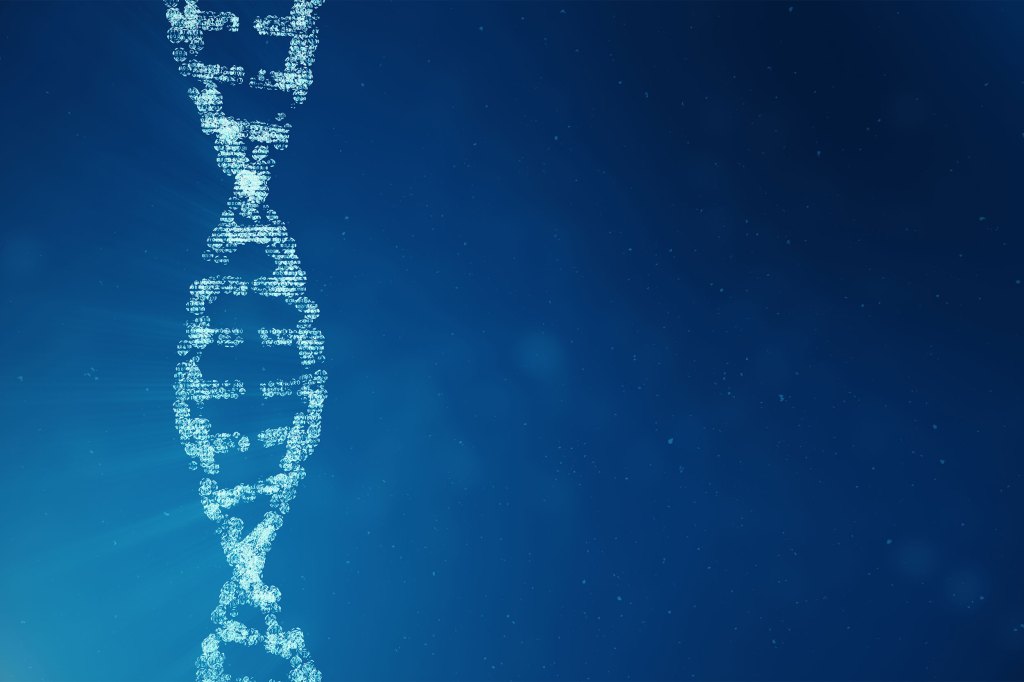
-
How serious is FDA warning about revolutionary blood-cancer treatment?
Dana-Farber Cancer Institute researcher details promise, peril of CAR T-cell therapy, which enlists body’s immune system to fight disease
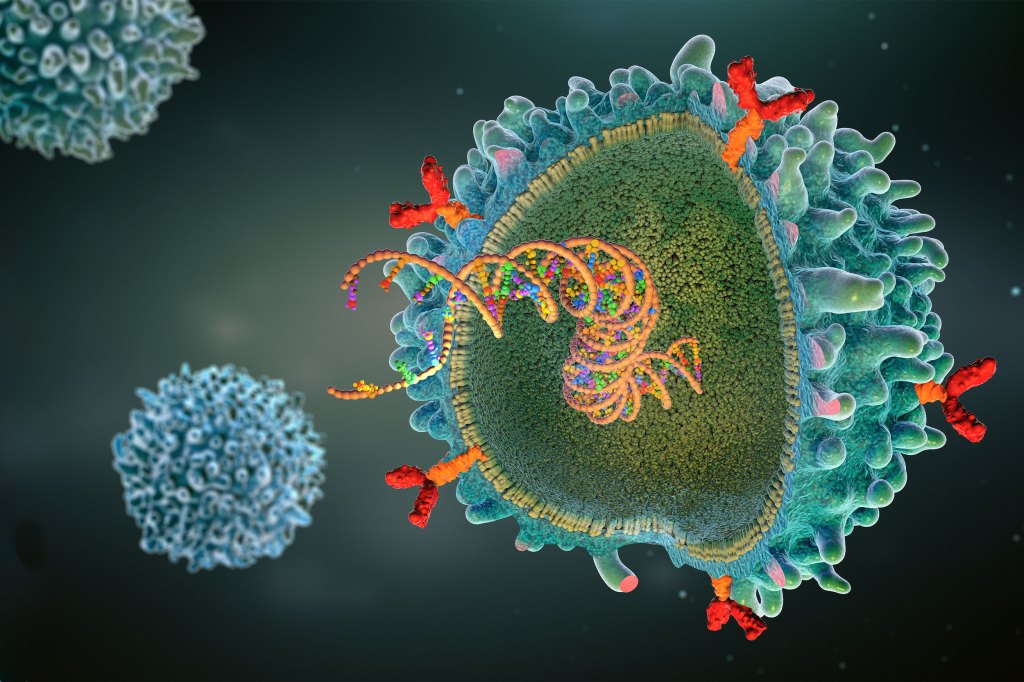
-
Don’t need high cholesterol to benefit from statins
Studies find drug protects against heart disease in high-risk groups
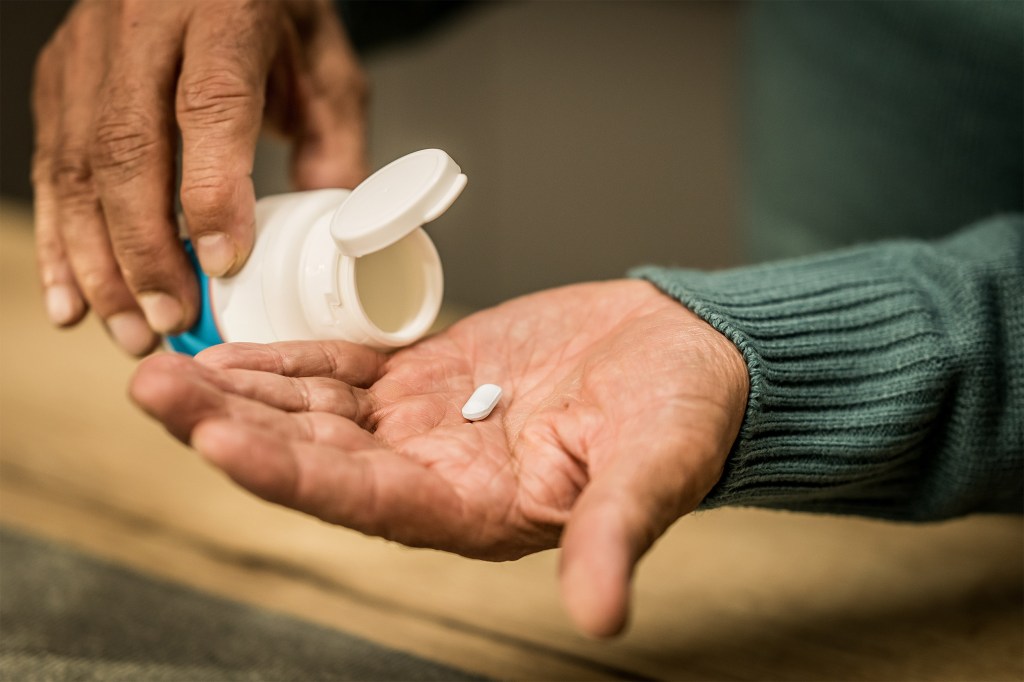
-
Scorecard reveals risk of dementia, stroke
Researchers developed Brain Care Score to assess how current habits will impact future brain health
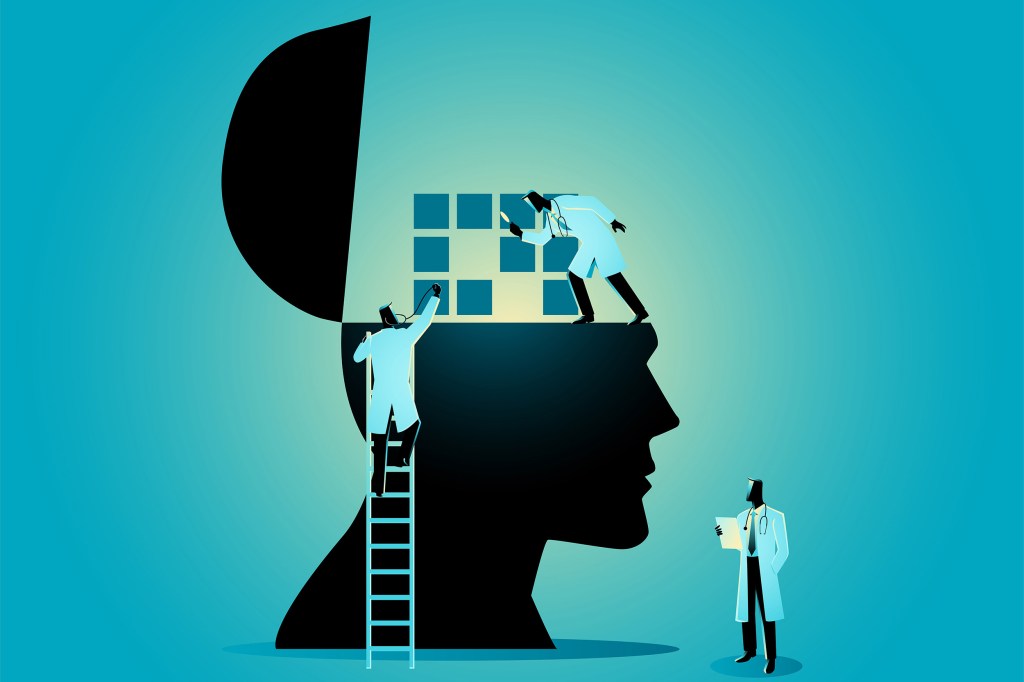
-
Legacy of heading off deaths from industrial air pollution
Dominici details decades-old Harvard roots of latest findings showing particles from coal-fired power plants deadliest
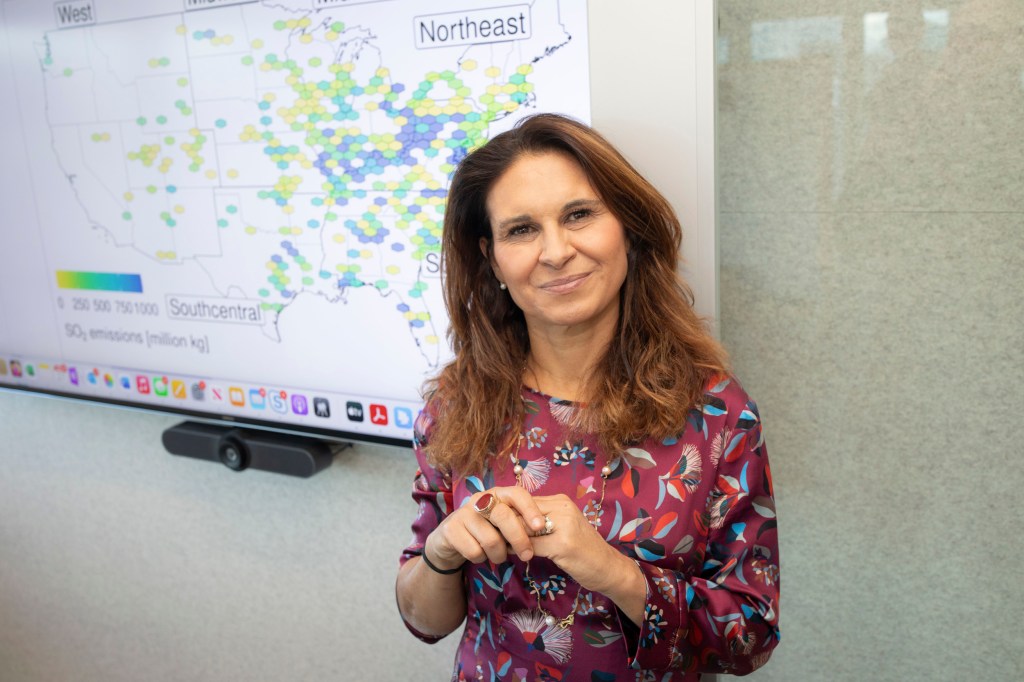
-
AI may be just what the dentist ordered
Could close the gap, allowing for more equitable access to care and treatment
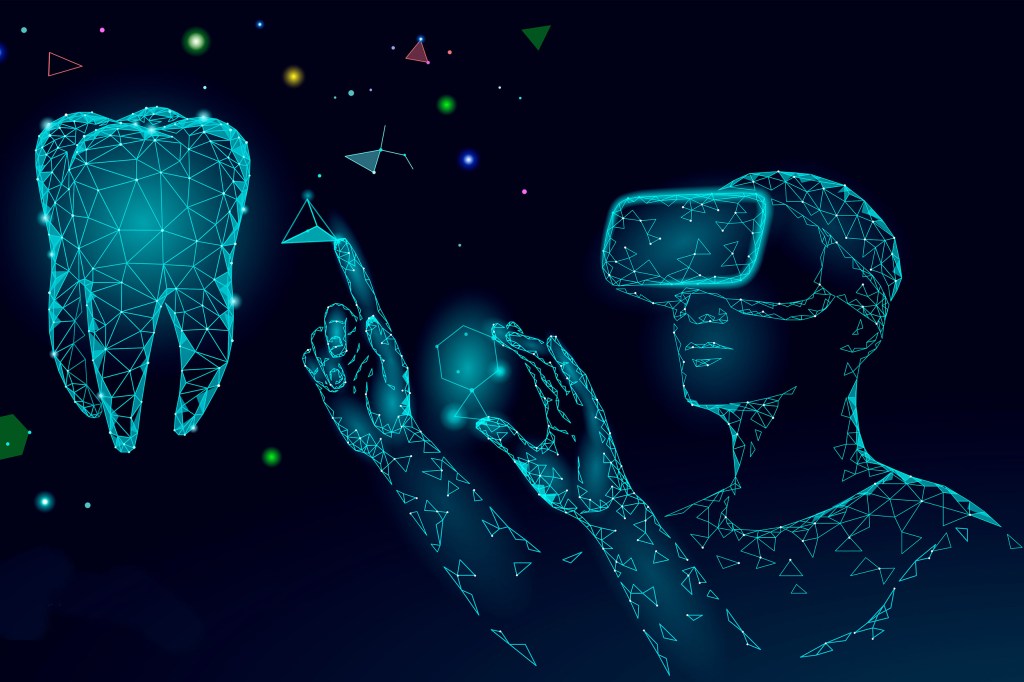
-
Headache or sore all over after bad night’s sleep?
Newly identified chemical link between chronic pain, sleep loss could help sever vicious cycle
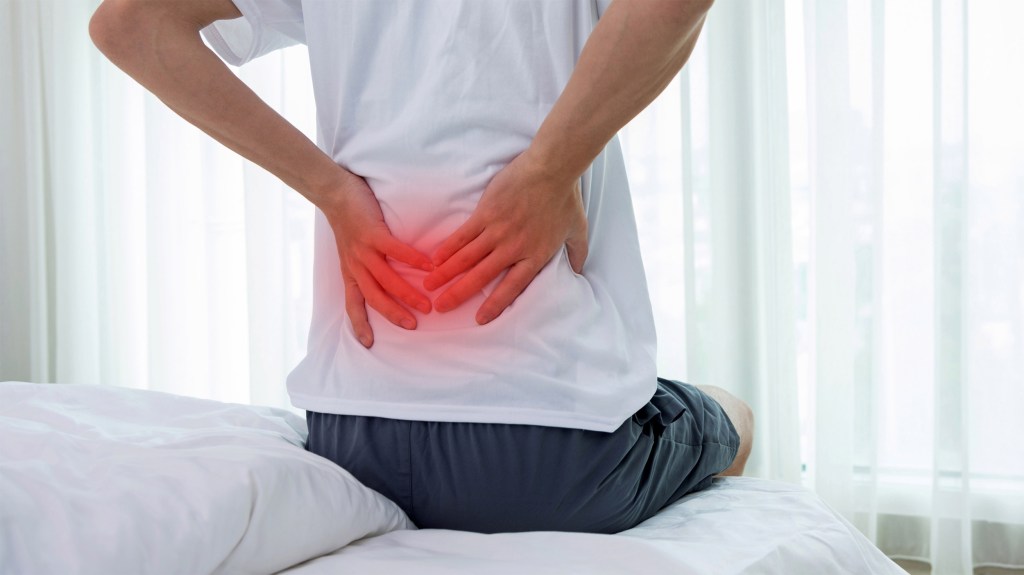
-
After decades of improvement, cardiovascular health rates on worrying path
CDC report trend is stagnating — and for middle-aged, even declining
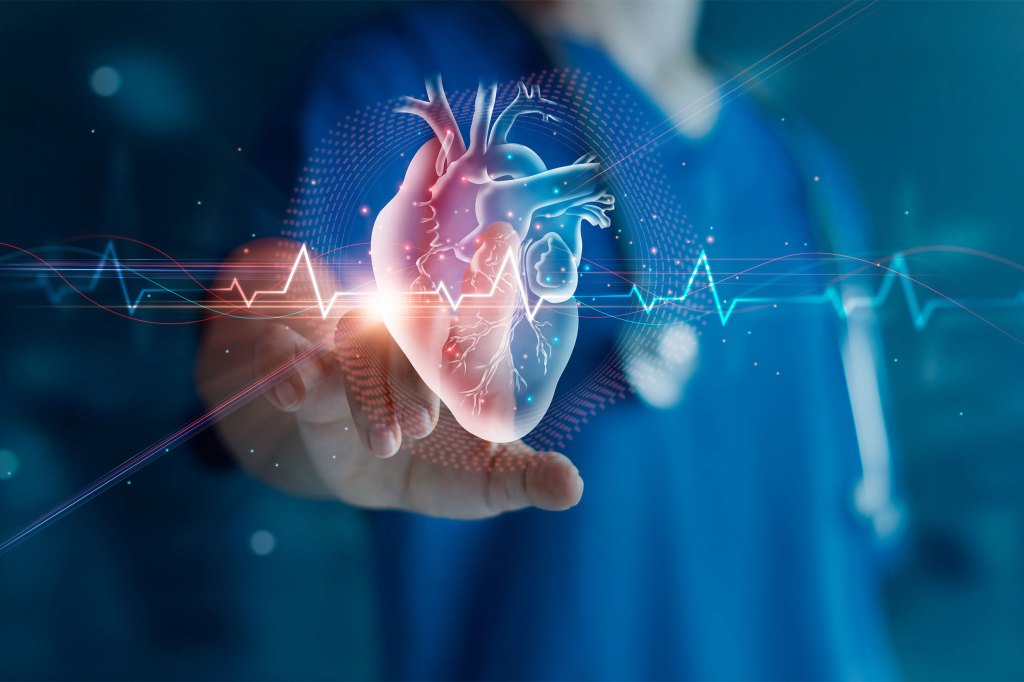
-
‘It’s much more harmful than we thought, and its mortality burden has been seriously underestimated’
Study finds particulate air pollutants from coal-fired power plants may be twice as deadly as that from other sources

-
Uncovering a culprit behind the itch
Scientists identify common microbe that activates nerve cells in the skin, igniting the urge to scratch
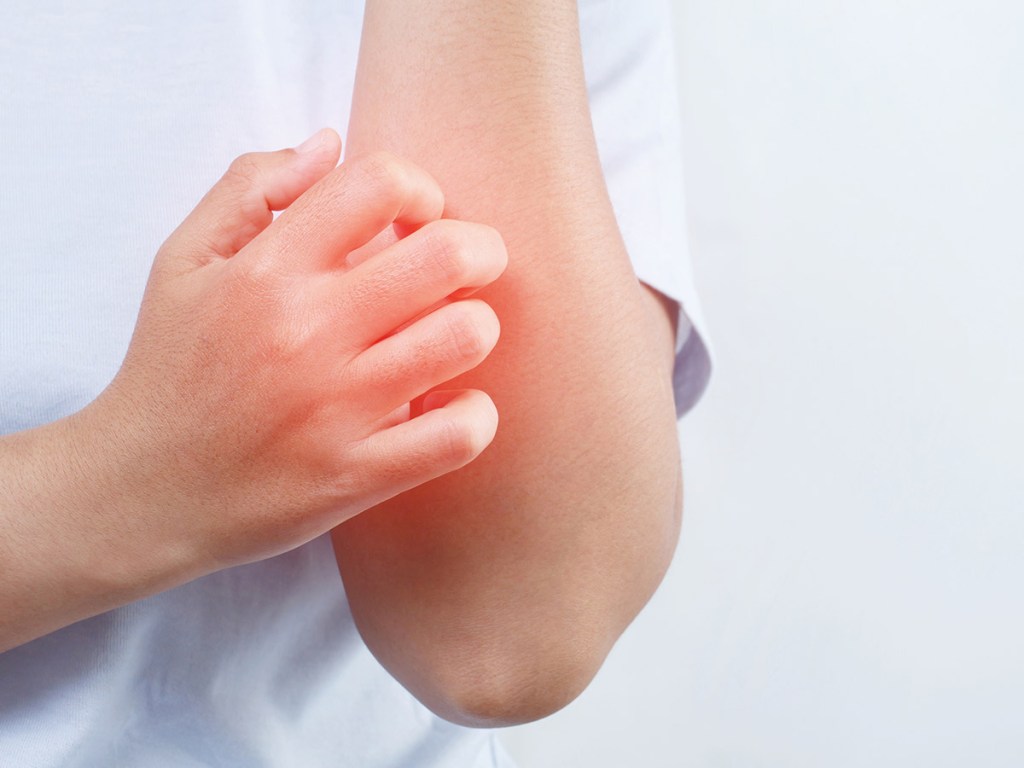
-
Smart trackers may predict health risks in older adults
Researchers find wearable devices detect circadian disturbances associated with age-related decline
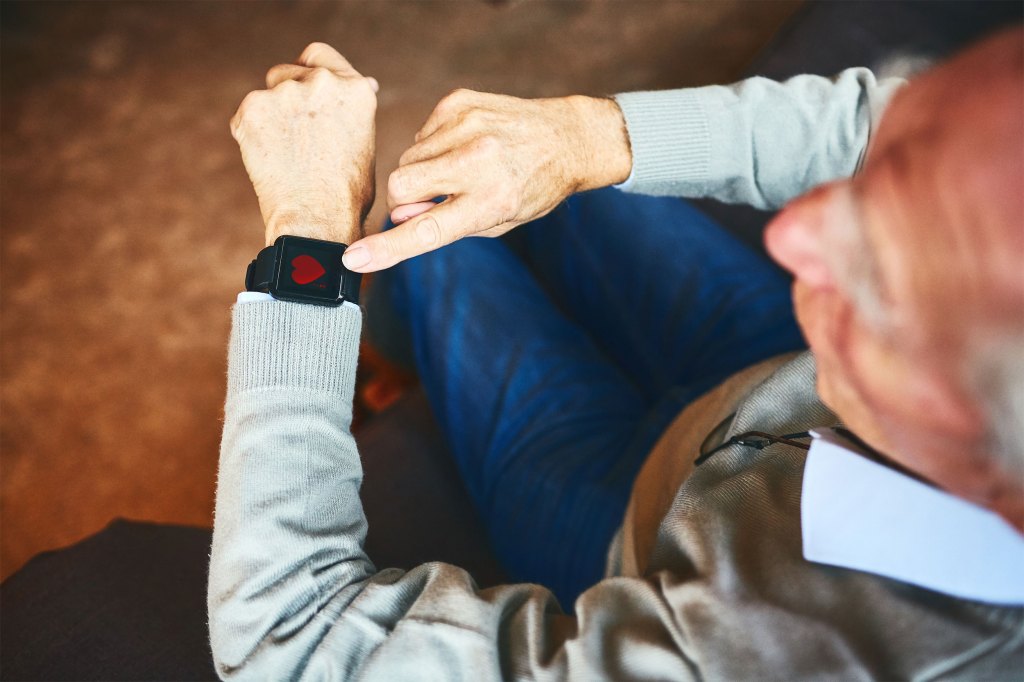
-
‘When you’re with a patient … their suffering counts more than your suffering’
Symposium honoring late global health pioneer Paul Farmer reflects on achievements, purpose, influence of Haiti
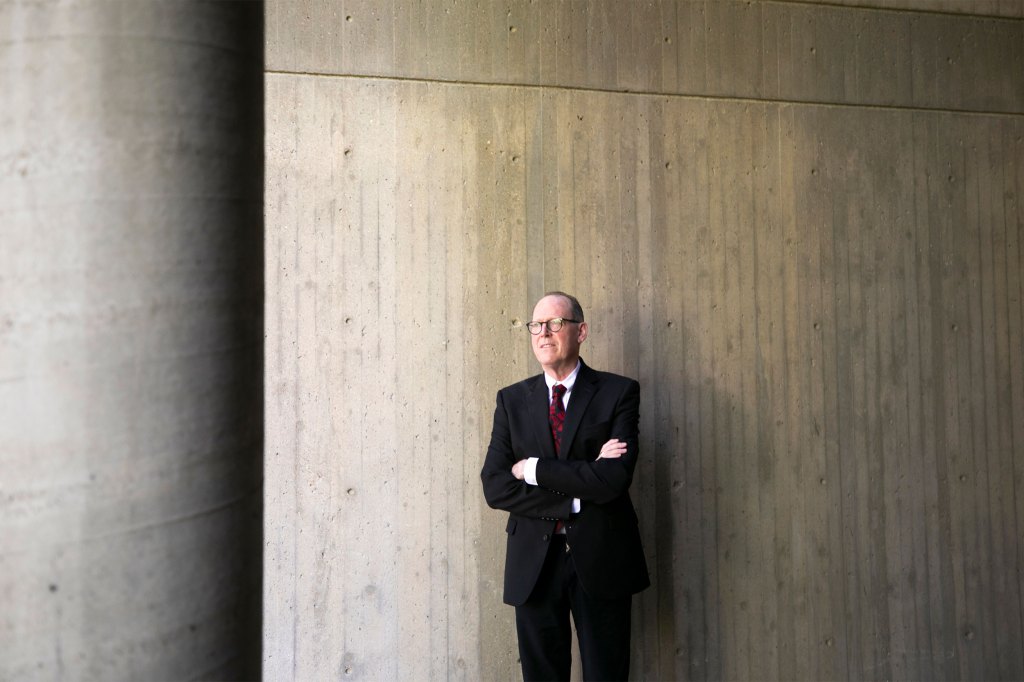
-
‘There’s no treatment if you don’t know what you’re treating’
Network of medical detectives solves genomic mystery of boy plagued by series of life-threatening, seemingly disparate ills
